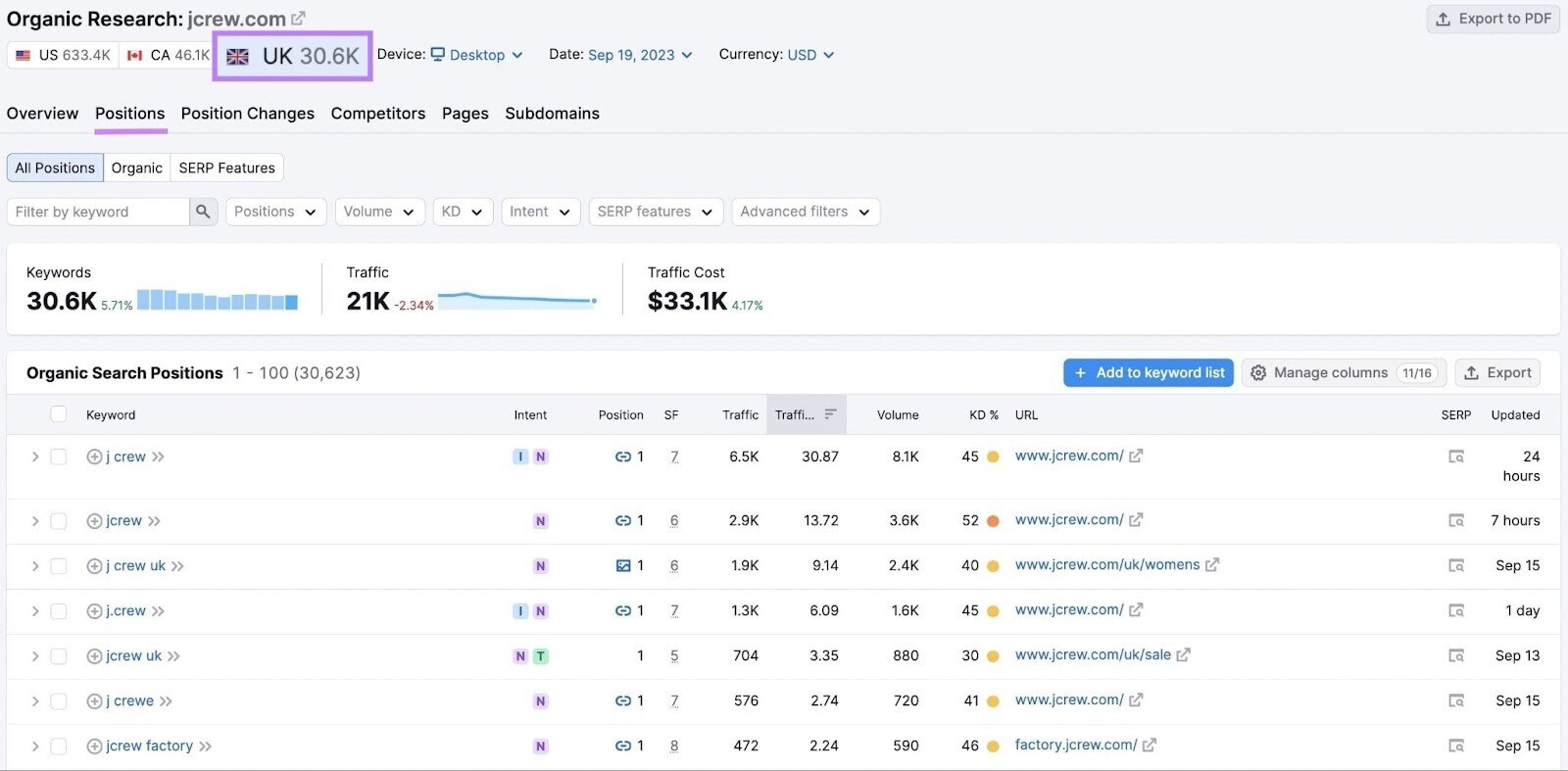Optimizing for the Globe: Mastering International SEO Techniques
Optimizing for the Globe: Mastering International SEO Techniques
Blog Article
Browsing the Digital Landscape: Leveraging International Search Engine Optimization for Cross-Border Success
In today's interconnected digital world, businesses are significantly looking past boundaries to tap into global markets. The complexity of browsing the electronic landscape on an international scale demands a nuanced strategy, from understanding the basics of International Search engine optimization to carrying out geotargeting and multilingual key words techniques.
Comprehending International Search Engine Optimization Fundamentals
Navigating the intricacies of worldwide SEO calls for a solid grasp of basic concepts to effectively increase on the internet visibility throughout boundaries. One crucial element of global search engine optimization is recognizing the significance of localization. This involves customizing website content to fit the etymological, social, and business distinctions of target markets. Key phrases have to be not just equated however additionally adjusted to mirror how users in different areas look for information.
Additionally, having a clear understanding of geo-targeting is crucial. This involves suggesting to search engines the details nations or areas a web site is targeting. Implementing hreflang tags is one method to connect this details, making certain that the proper version of a webpage shows up in the search results page for an individual in a specific place.
Moreover, understanding the effect of neighborhood internet search engine and social networks systems is vital for worldwide SEO success. While Google is dominant in lots of areas, nations like China have their own search engines like Baidu, calling for customized strategies for each platform to take full advantage of on-line presence (International SEO).

Targeting Multilingual Key Words Strategies
Creating multilingual keyword methods is vital for successfully reaching diverse worldwide target markets and taking full advantage of online presence across different linguistic regions. When targeting multilingual key words approaches, it is critical to conduct detailed research to comprehend the specific search terms and expressions used by the target market in each etymological region. This entails not only converting keywords yet additionally thinking about cultural nuances, regional dialects, and search fads unique to each target market.
To create a successful multilingual keyword phrase strategy, it is vital to prioritize significance and search intent. Key phrases need to straighten with the material on the internet site and resonate with the cultural context of the target audience. Making use of tools such as Google Search Phrase Coordinator, SEMrush, or Ahrefs can help recognize high-performing search phrases in different languages and examine their search volume and competitors degree.
Furthermore, tracking and analyzing the performance of multilingual key words regularly is essential for maximizing and improving the method over time. By constantly adjusting to adjustments in search habits and patterns, companies can improve their on-line exposure and attract even more worldwide website traffic to their web sites.
Implementing Geotargeting and Hreflang Tags
When aiming to enhance global SEO strategies, integrating geotargeting and hreflang tags is essential for optimizing website presence throughout various areas. Geotargeting involves customizing web content to particular areas, ensuring that users in various locations obtain relevant details. By applying geotargeting, companies can enhance their local search rankings and attract region-specific web traffic.

Optimizing Web Site Structure for Worldwide Visibility
To better improve international search engine optimization strategies beyond geotargeting and hreflang tags, enhancing the web site framework is necessary for accomplishing international visibility and making the most of reach across different areas. A well-structured internet site not just boosts user experience but also helps with Full Article online search engine spiders in recognizing the content and context of the site. When going for worldwide visibility, it is important to ensure that the web site is arranged in a sensible manner that deals with users from numerous countries. Executing a clear power structure with distinctive categories and subcategories can aid in improving the website's navigation and user-friendliness.
Furthermore, developing language-specific subdirectories or subdomains can assist internet search engine deliver the ideal version of the website to customers based on their language choices, better boosting the total individual experience. In addition, enhancing URL frameworks to include pertinent keyword phrases and geotargeted terms can boost the site's exposure in various areas. By structuring the web site properly for worldwide target markets, organizations can increase their opportunities of bring in worldwide web traffic and increasing their reach across borders.

Monitoring and Examining Cross-Border Performance
Effective tracking and analyzing of cross-border performance is crucial for examining the success of worldwide SEO methods and identifying chances for improvement in worldwide reach and exposure. check my blog By carefully tracking key efficiency indications (KPIs) across different markets, services can acquire important insights right into the effectiveness of their cross-border search engine optimization efforts. Checking metrics such as natural traffic, keyword rankings, conversion rates, and bounce prices can give a thorough sight of just how well a web site is carrying out in numerous areas.
Assessing cross-border efficiency information enables businesses to identify patterns, patterns, and locations for optimization. By comparing efficiency throughout different countries, regions, or languages, firms can identify successful methods and localize material to better satisfy specific target market. Additionally, keeping track of cross-border performance enables businesses to stay nimble and receptive in the ever-evolving digital landscape. Regular analysis of search click this site engine optimization performance on a global range guarantees that companies can adjust their techniques promptly to capitalize on emerging opportunities and maintain an affordable edge in global markets.
Final Thought
In verdict, international search engine optimization plays an essential duty in attaining cross-border success by enhancing websites for international visibility, targeting multilingual key phrase approaches, applying geotargeting and hreflang tags, and keeping track of cross-border efficiency. By understanding the fundamentals of international search engine optimization and maximizing web site frameworks as necessary, organizations can efficiently get to and involve with their target audiences across different areas and languages. This strategic technique is essential for broadening market reach and driving on-line growth in today's electronic landscape.
Report this page